Motorists are being warned that certain medications—some as common as antidepressants—could lead to driving restrictions from the DVLA if they impair road safety.
Others are reading now
Motorists are being warned that certain medications—some as common as antidepressants—could lead to driving restrictions from the DVLA if they impair road safety.
Warning Over Medication and Driving
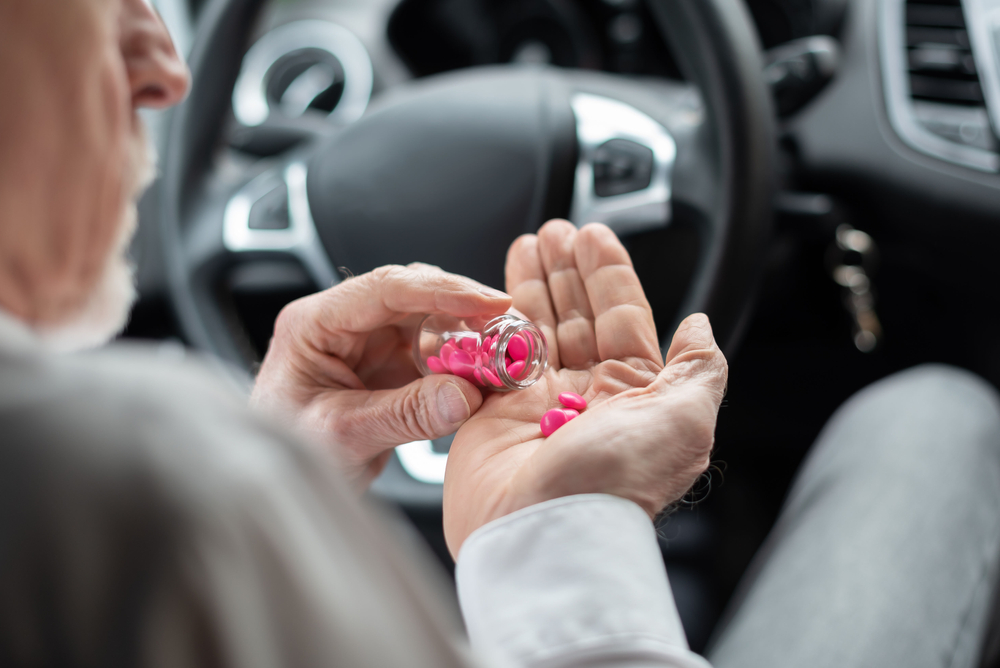
Experts say the DVLA may recommend that drivers stop driving if they’re using strong medications, especially those causing drowsiness or affecting mental alertness.
The High-Risk Medications
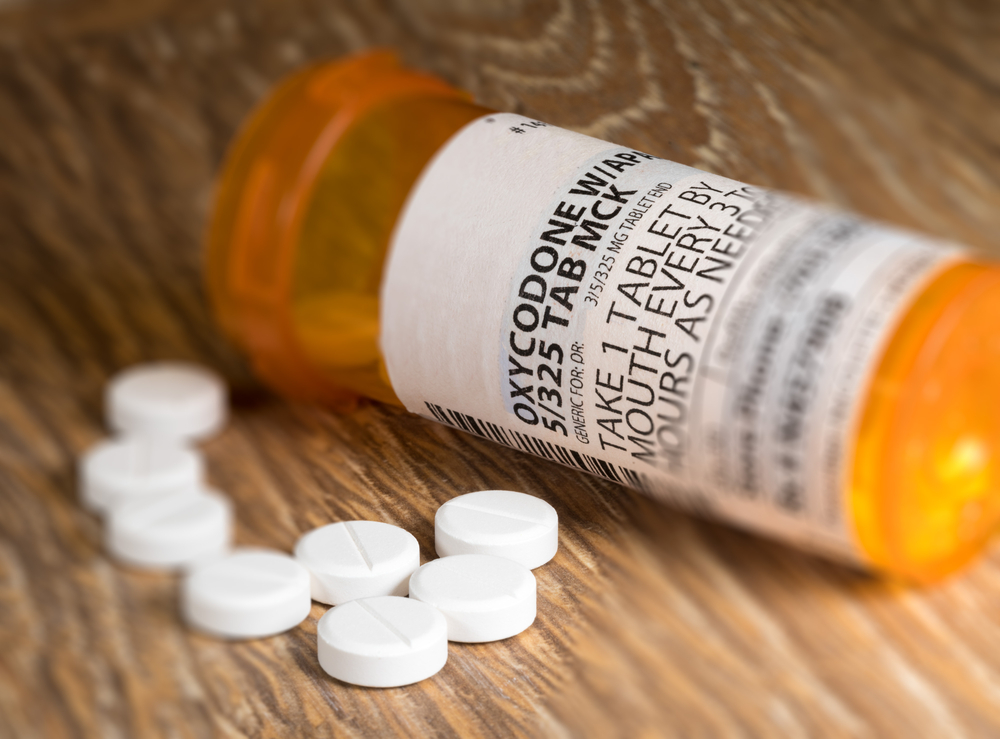
Opioid painkillers, tranquillisers, and certain antidepressants are among the most cited. Medications that say “do not operate heavy machinery” are typically not safe for driving.
Legal Limits and Prescription Drugs

The law is clear: it’s illegal to drive with certain drugs in your system if you’re not prescribed them—or if they impair your driving, regardless of prescription.
What the Government Lists
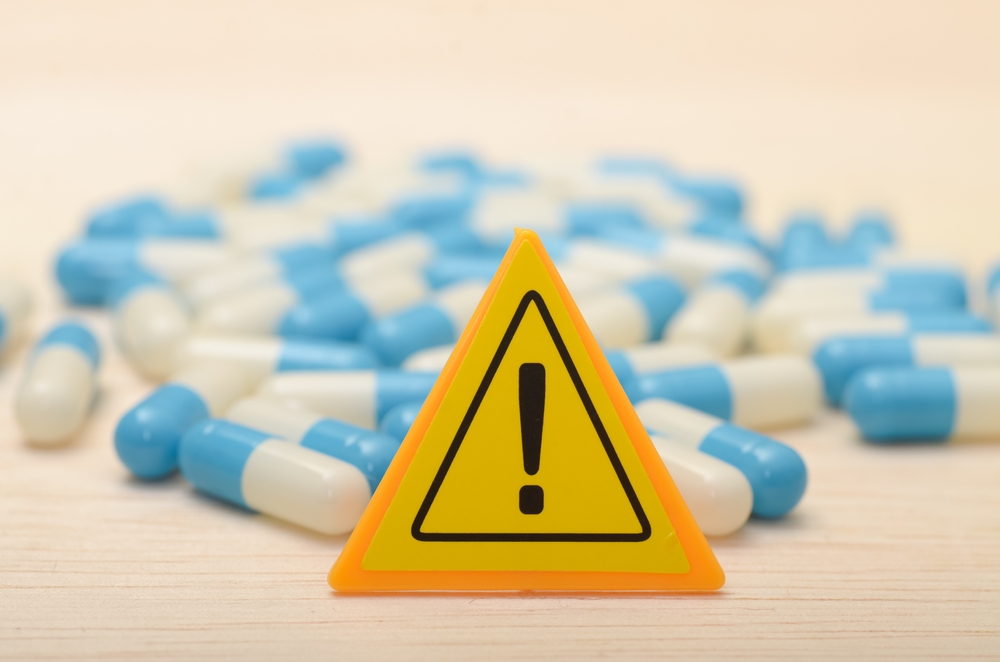
Medications under scrutiny include:
Also read
- Amphetamines like dexamphetamine
- Benzodiazepines such as diazepam, lorazepam, clonazepam
- Opiates like methadone and morphine
Risk of Fines and Prosecution
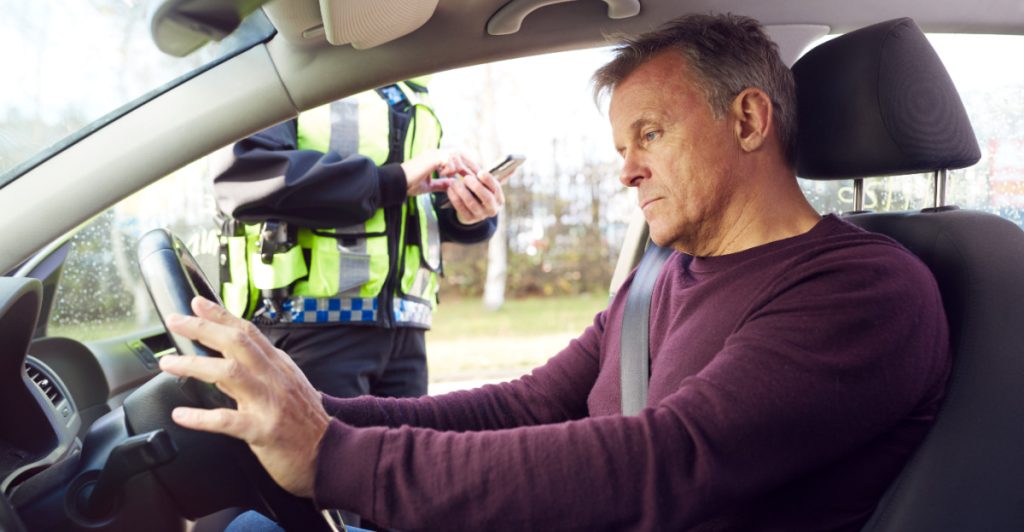
Police can test drivers they suspect are impaired—even by legal drugs. Exceeding limits without a valid prescription or driving while impaired could lead to prosecution.
Expert Advice: Check the Leaflet
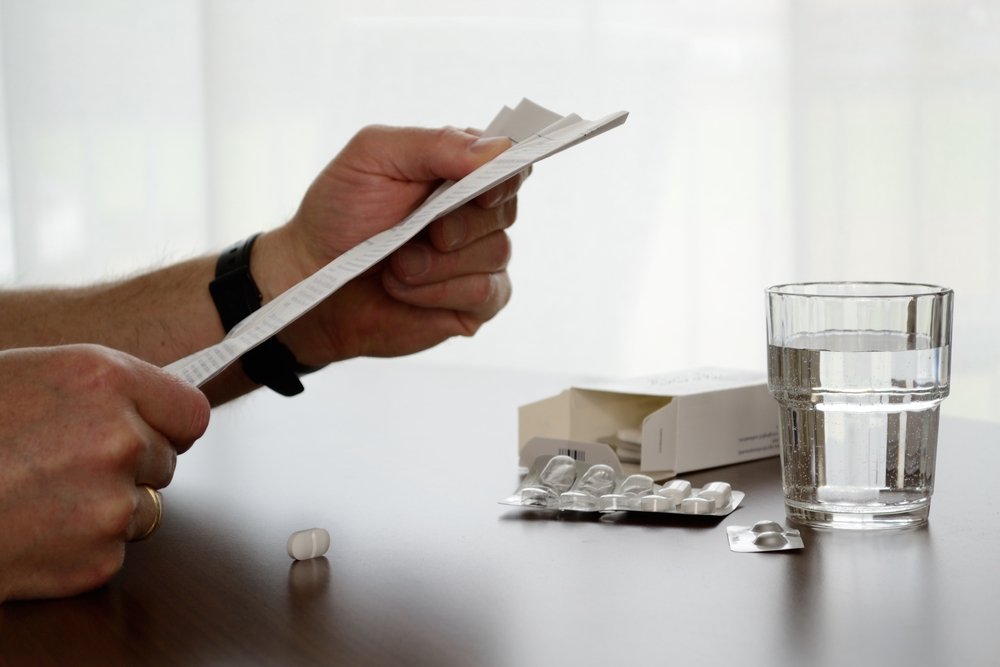
Drivers are urged to read the information leaflet provided with their medicine to understand potential side effects—especially drowsiness or delayed reaction time.
What If You’re Prescribed?

If you’re taking medicine legally and as directed, and your driving is unimpaired, you’re not breaking the law. But that hinges on awareness and personal responsibility.
Talk to Your Doctor

If in doubt, always consult your GP or pharmacist before getting behind the wheel. It’s better to be safe than sorry—and avoid putting others at risk.


